
In April, Jensen Huang, the chief executive of the chip maker Nvidia, received a blunt welcome to the world of geopolitics when the Trump administration shut down sales of an artificial intelligence chip the company had designed specifically for China.
Since then, Mr. Huang has turned himself into a globe-trotting negotiator as he has tried to persuade President Trump to reverse course. He has traveled with Mr. Trump, testified before Congress and charmed reporters in Washington. And he has courted allies in White House who have quietly supported global business interests despite Mr. Trump’s tough talk on trade with China.
That work has started to pay off for Nvidia. Last week, Mr. Huang met with Mr. Trump in the Oval Office and pressed his case for restarting sales of his specialized chips, said two people familiar with the meeting, who spoke on the condition of anonymity. He argued that American chips should be the global standard and that the United States was making a grave mistake by ceding the giant Chinese market to homegrown rivals.
Within days, Nvidia said the administration was changing course. It was a remarkable reversal that punctuated Mr. Huang’s arrival as the tech industry’s leading geopolitical player. It also underscored Nvidia’s quick rise from little-known Silicon Valley chip maker to the most valuable public company in the world as well as the linchpin to the tech industry’s A.I. boom.
Just last week, Nvidia, which controls more than 90 percent of the market for chips needed to build A.I. systems, became the first public company worth more than $4 trillion. Since then, it has raced past that milestone thanks largely to its return to China.

Mr. Huang “makes the same argument, even where it is unpopular, because he believes deep in his bones that winning developer mind-share in China and depriving Huawei of a monopoly market is the best way for the American A.I. to win around the world,” said Brad Gerstner, the founder of Altimeter Capital Management, a major Nvidia investor.
A White House spokesman, Kush Desai, said Mr. Trump’s “America First policies” had led to trillions of dollars in investments in U.S. manufacturing and technology, which “will create thousands of quality jobs and safeguard our country’s national and economic security.”
“Everything the president does is aimed at protecting America and American workers,” Mr. Desai added.
The Commerce Department did not respond to requests for comment. The Wall Street Journal previously reported on the White House meeting.
Mr. Huang has paired his courtship of the Trump administration with a steadfast determination to keep a foothold in China, often baffling colleagues with trips across the Pacific to meet with officials as trade war rhetoric between the countries escalated. Ultimately, Mr. Huang’s campaign was also aided by Chinese pressure in ongoing trade negotiations with the United States.
On Wednesday, Mr. Huang signed autographs in an appearance in Beijing while demurring about his influence on Mr. Trump’s decision. “I don’t think I changed his mind,” Mr. Huang said. “It’s my job to inform the president about what I know very well, which is the technology industry, artificial intelligence, the developments of A.I. around the world.”
Mr. Huang, 62, was a reluctant lobbyist. An electrical engineer by training, he used to consider government affairs trivial, said two former employees, who asked to be anonymous because they still work in the tech industry.
But he had to jump into Washington politics when the company’s A.I. chips became enmeshed in global politics. Fearing the chips could be used to coordinate military strikes and develop weapons, the Biden administration approved rules restricting sales to China. The Trump administration promised to crack down further.
After the inauguration, Mr. Huang visited the White House and met Mr. Trump for the first time. Mr. Huang talked about A.I. policy and semiconductors, but afterward, the president told reporters that he couldn’t say whether he would ban more of Nvidia’s chip sales to China. Like officials in the Biden administration, Mr. Trump’s advisers were concerned that the chips would help Chinese businesses match American A.I. technology.
In April, the Trump administration warned Nvidia that it planned to shut down sales of the last artificial intelligence chip it offered in China, said four people familiar with the plans.
Commerce Secretary Howard Lutnick, who oversees export restrictions, invited Mr. Huang to Mar-a-Lago to meet with the president and make a last-ditch appeal, the people said. On the sidelines of a $1-million-a-head candlelight dinner, Mr. Huang tried to persuade Mr. Trump not to curb chip sales to China, the four people said. He explained that Nvidia’s chip in question, known as the H20, was far less powerful than what the company sold to the rest of the world. Losing access to China would hurt U.S. companies and help Chinese rivals.
Administration officials who were briefed later on the conversation thought Mr. Huang had undersold his chips’ usefulness. The H20 was packed with memory capable of processing complex requests, and Chinese customers were spending billions of dollars for it. Two weeks later, the administration sent Nvidia a letter shutting down sales of the chip to China.

But David Sacks, a longtime Silicon Valley investor who had become the White House’s A.I. czar, was more receptive to Mr. Huang’s position about China than others in the administration, two people familiar with his thinking said. Mr. Sacks disliked another Biden administration rule that controlled A.I. chip sales around the world. He also questioned Washington’s consensus that selling A.I. chips abroad would be bad for the United States.
Mr. Huang began speaking regularly with Mr. Sacks and Sriram Krishnan, who works on A.I. in the administration, these people said. His concerns about the Chinese company Huawei began to resonate with Mr. Sacks after Huawei announced a new A.I. system, which it called the CloudMatrix 384, that delivered performance competitive with U.S. products.
At a conference in Washington in April, Mr. Huang urged the administration to loosen restrictions on chip sales. “China is not behind,” he said. “Are they ahead of us? China is right behind us. We’re very, very close.”
Mr. Huang later appeared alongside Mr. Trump at a White House announcement of a $500 billion investment by Nvidia in U.S. manufacturing. In what Nvidia executives later said were unplanned remarks, Mr. Trump smirked as Mr. Huang laughed and said, “Without the president’s leadership, his policies, his support and very importantly his strong encouragement — and I mean his strong encouragement — frankly, manufacturing in the United States wouldn’t have accelerated to this pace.”
The next day, Mr. Huang spoke to the House Foreign Affairs Committee, which has responsibility for overseeing limits on chip sales abroad. He criticized the Biden administration’s rules limiting chip sales and warned that banning sales to China would harm, not help, the United States. He also parried questions about whether DeepSeek, a Chinese start-up that shocked the tech industry this year when it unveiled an A.I. system comparable to American-made systems, had used Nvidia technology, said two legislative aides familiar with the meeting.
“His objective is to always fundamentally provide the information, whether it’s policymakers or others in the Beltway, need to hear or want to hear and answer their questions,” said Tim Teter, Nvidia’s general counsel, who joined Mr. Huang in Washington during that visit. “He did exactly that.”
In the weeks that followed, Mr. Sacks helped dismantle the Biden rule that put caps on the number of chips Nvidia could sell to every country in the world, four people familiar with the process said. The maneuver cleared the way for Mr. Sacks to help Nvidia sell chips to Saudi Arabia and the United Arab Emirates.
In May, Mr. Huang traveled to the Middle East with Mr. Trump. Mr. Sacks, by now Mr. Huang’s ally, negotiated a blockbuster deal to deliver hundreds of thousands of today’s most advanced chips from Nvidia annually to build one of the world’s largest data center hubs in the Emirates.
During the sales process, Mr. Sacks and Mr. Huang began advancing the same rationale for selling A.I. chips, two people said. To win the A.I. race, they said, the U.S. government should encourage purchases of U.S. technology rather than create a reason for countries to buy similar Chinese technology.
At Nvidia, it felt like a major breakthrough when Mr. Trump called Mr. Huang a “friend” during the trip.

But Mr. Huang wasn’t satisfied with winning the Middle East. He wanted a return to China as well.
Shortly after securing the multibillion-dollar deal with the Emirates, Mr. Huang traveled to Taiwan for an annual computer conference. He spoke to reporters on the sidelines and said Washington’s regulation of chip sales to China had only made Chinese companies stronger.
“All in all, the export control was a failure,” Mr. Huang said.
Last week, Mr. Huang returned to Washington to meet with think tank leaders, political reporters and White House officials. His message was similar to the one he and Mr. Sacks promoted after their trip to the Middle East: Countries around the world should be encouraged to build on U.S. chips and software.
“The American tech stack should be the global standard, just as the American dollar is the standard by which every country builds on,” Mr. Huang said during a podcast recorded last week in Washington with the Special Competitive Studies Project, a think tank.
Mr. Huang delivered that same message to Mr. Trump last week in the Oval Office, two people familiar with the meeting said. Mr. Sacks was seated nearby, lending his support. By the end of the nearly hourlong meeting, Mr. Trump said Nvidia’s chips could return to China.
Mr. Lutnick said on CNBC that the approval was linked to ongoing trade talks with China, which recently agreed to supply rare earth magnets to American companies. The idea was to sell Chinese businesses Nvidia’s fourth-best chip, he said, so that “they get addicted to the American technology stack.”
Days later, Mr. Huang traveled to Beijing and held a news conference to tell customers that Nvidia was open for business. Mr. Huang, now the world’s sixth-wealthiest man, amiably chatted with reporters about his relationship with Mr. Trump. The atmosphere was jubilant.
Keith Bradsher, Meaghan Tobin and Ana Swanson contributed reporting.

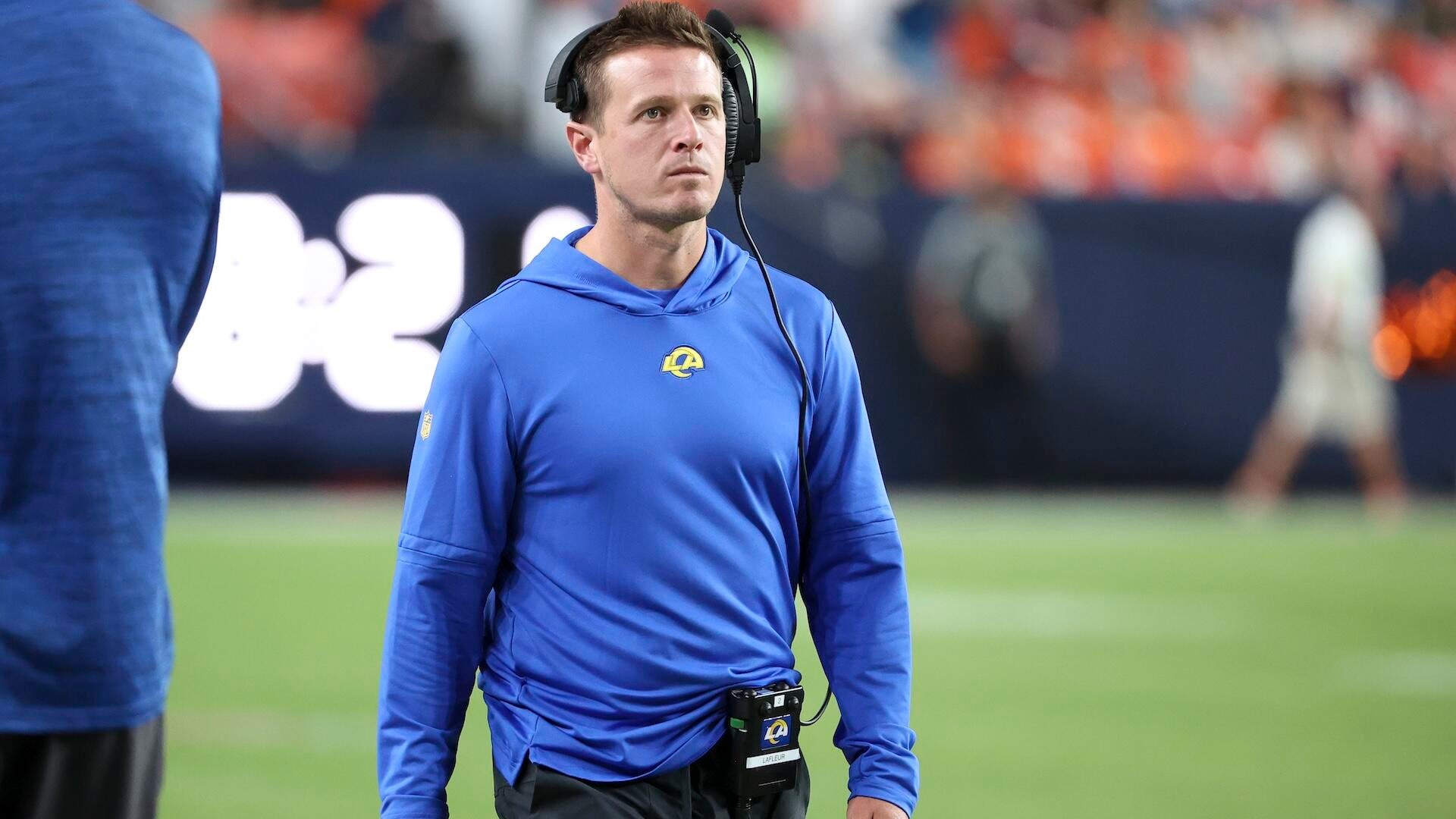
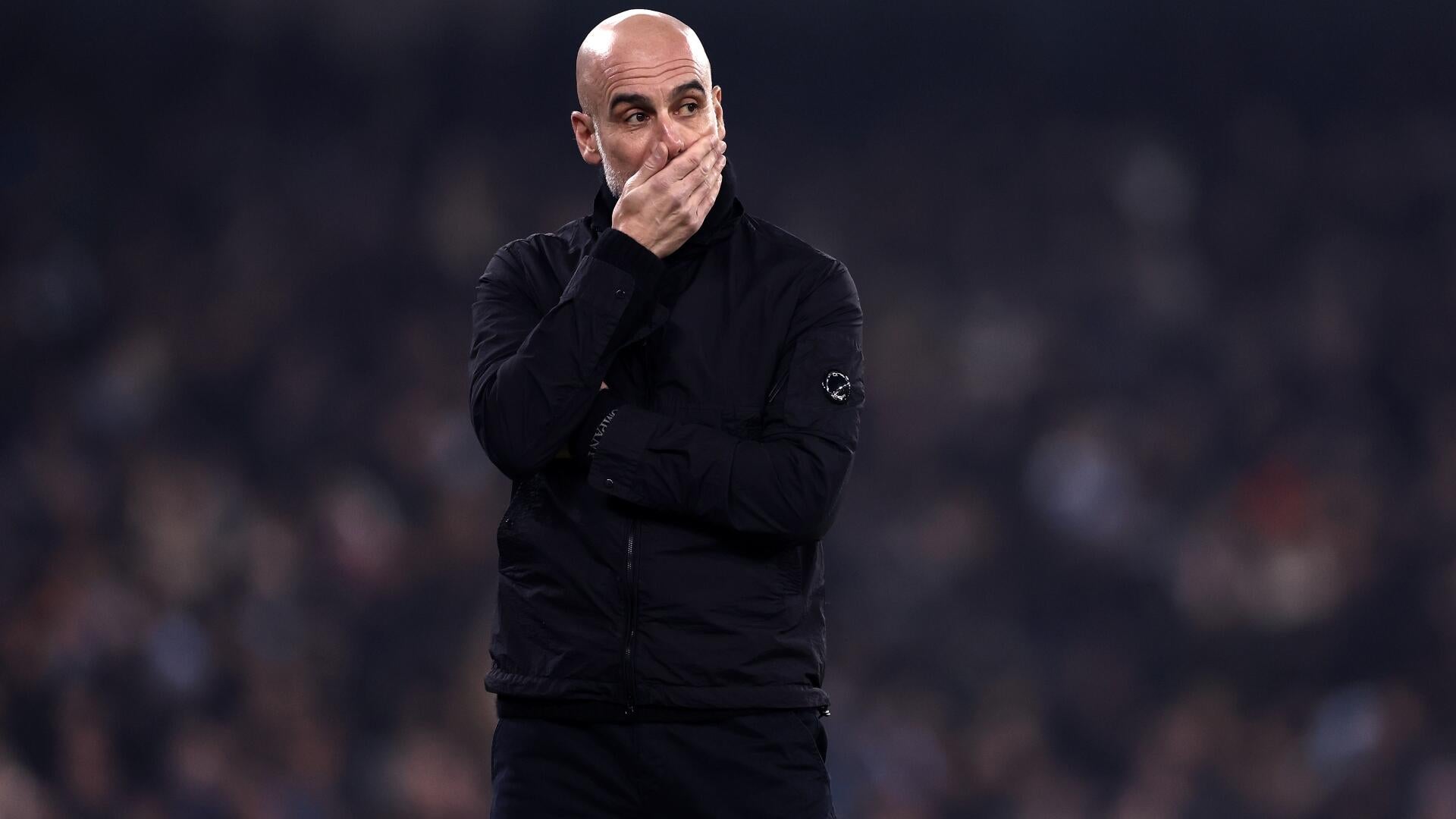


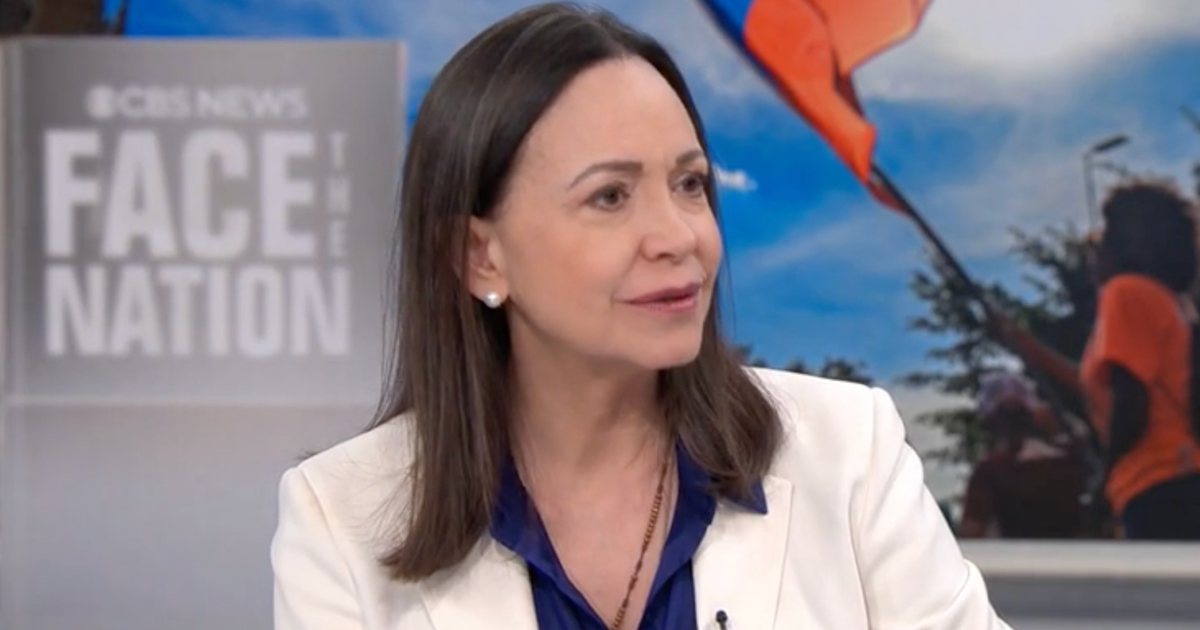
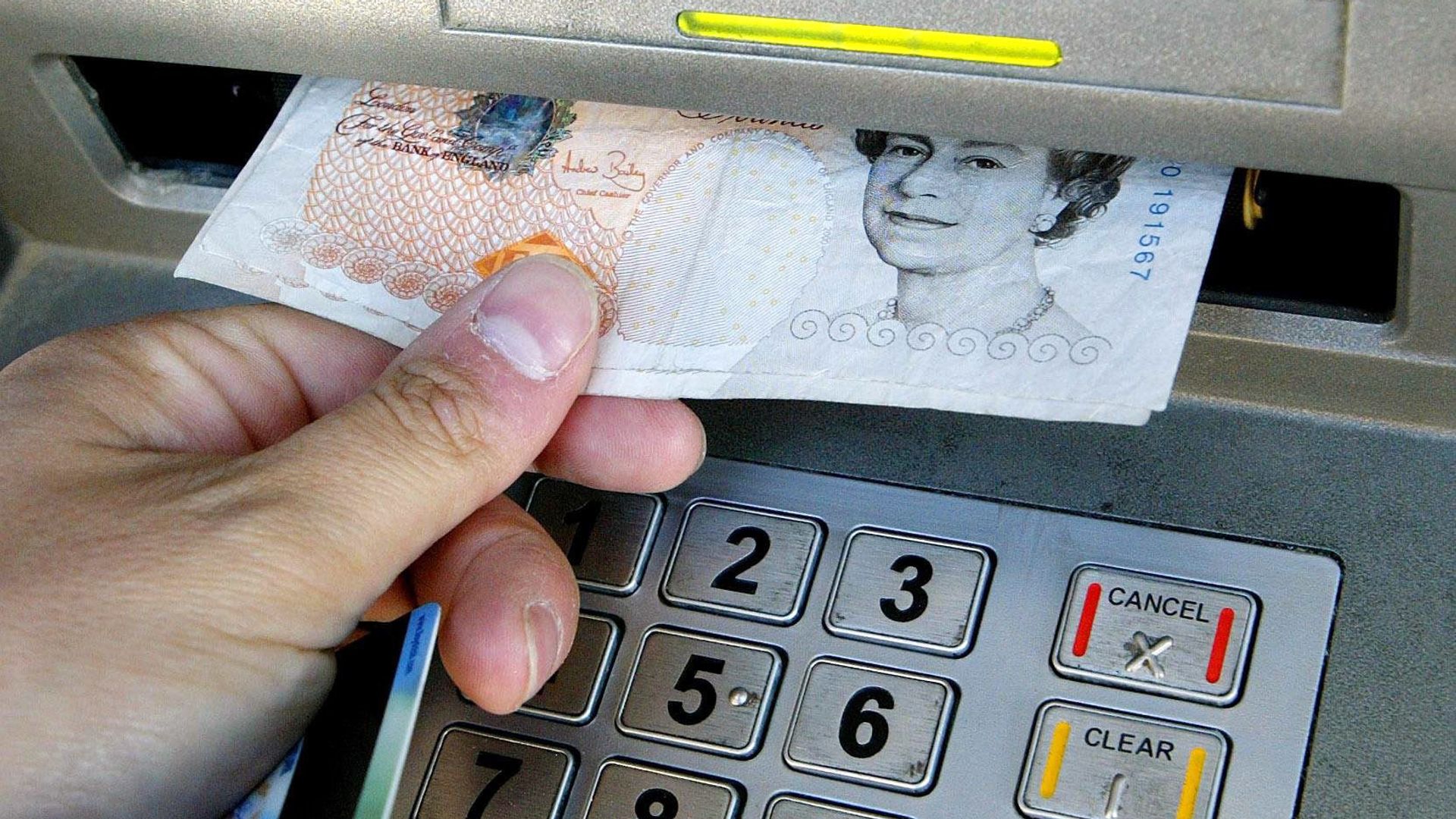
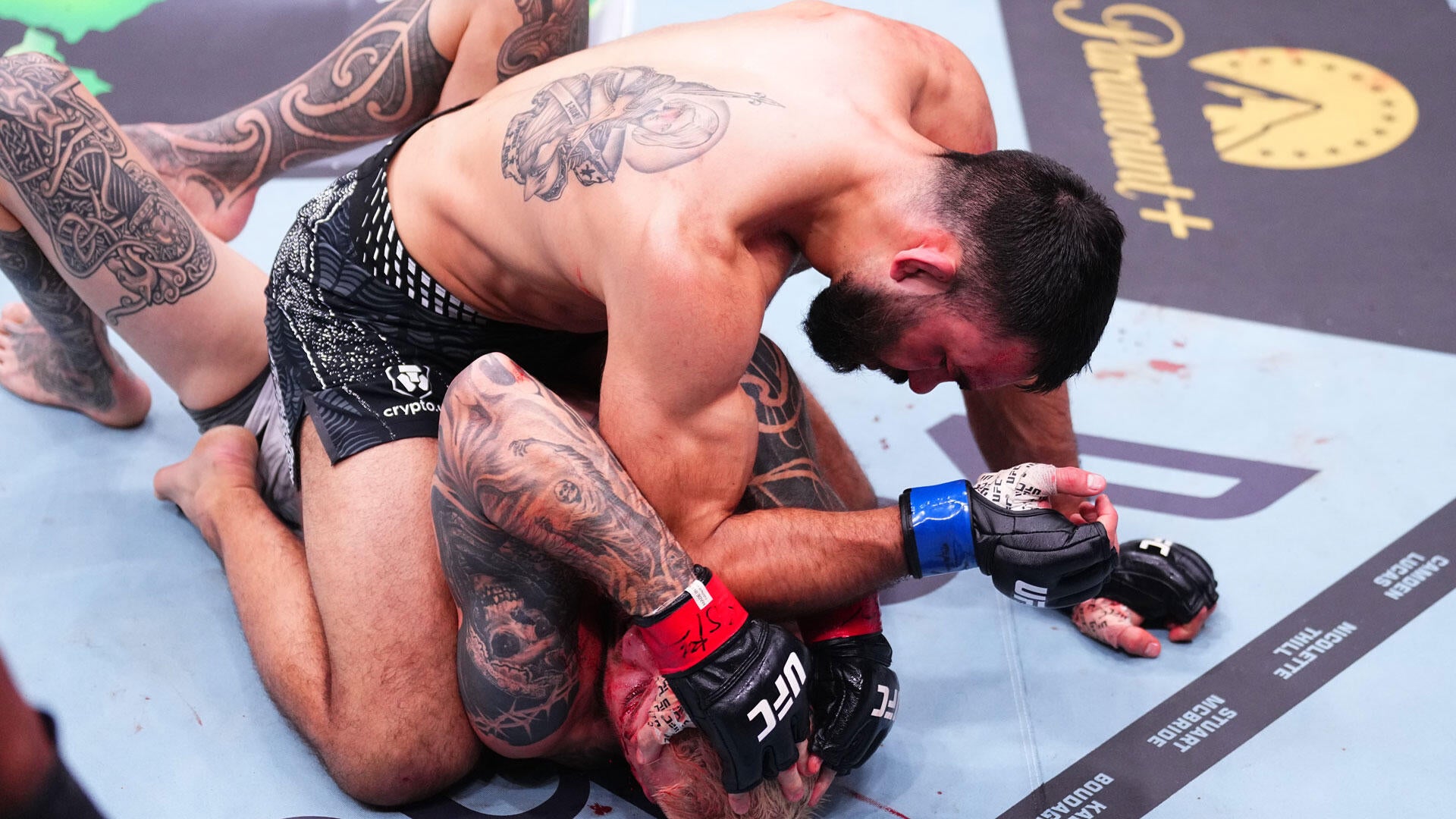



-3.png)



